The cases of coronavirus are on the rise. There have been more than 90,000 confirmed cases and 3,000 deaths worldwide. The outbreak was reported in Wuhan, China last year and the city went into a lockdown mode. However, the virus has spread to as many as 60 countries, with Iran, South Korea and Italy being worst hit. The WHO has declared it a public health emergency and health officials world over are trying to contain the virus. The economies are definitely hit, especially in Europe and Asia, and travellers are repeatedly asking if it’s safe to travel. Amidst flight cancellations and travel advisories against Asian and European cities, there is a risk in flying to the worst affected countries. Moreover, travel insurance might not cover the costs of medical bills and travel delays. So, let’s look at what’s happening to understand whether you should be travelling right now.
How Did Coronavirus Start?
It has been established that COVID-19 (official name of coronavirus) started at a seafood market in Wuhan that illegally trades wild animals including bats, snakes, birds and rabbits. The virus was contracted by wild animals, but human-to-human transmission led to spreading of the virus to other countries. Coronavirus has similar symptoms as flu, including runny nose, headache, coughs and fever, but it can lead to bronchitis and pneumonia. Chinese authorities detected that the virus hadn’t been seen in humans before the outbreak and shared the genetic sequence, so other countries could screen and diagnose it too.
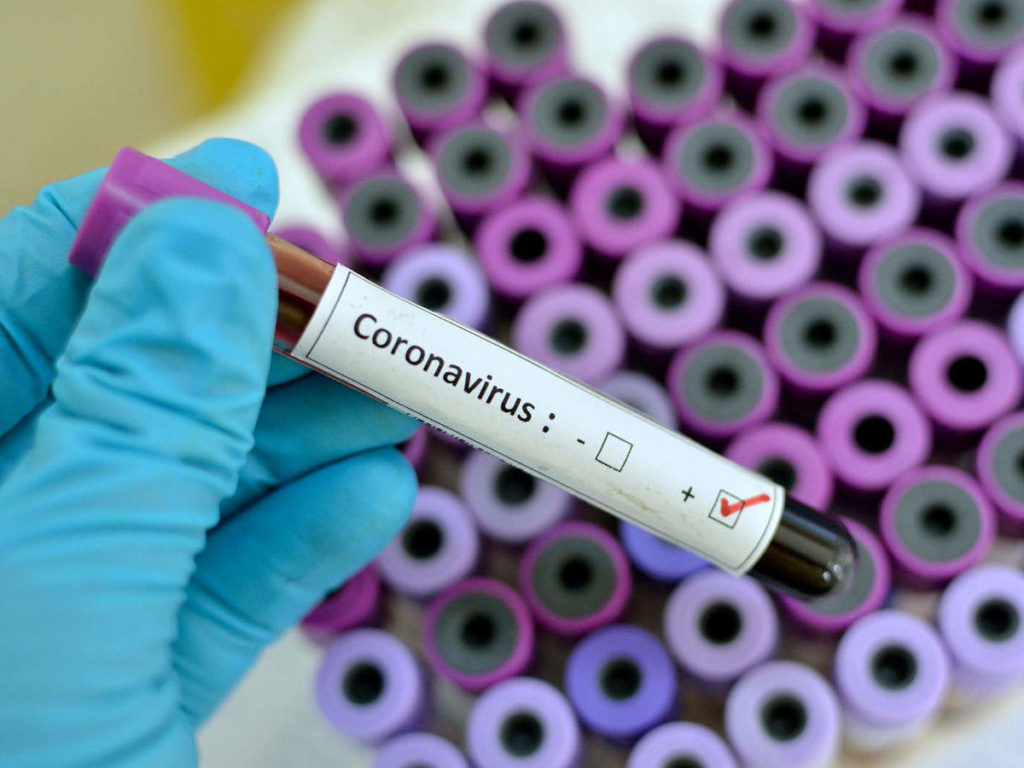
How Far Has Coronavirus Spread?
China has seen the most number of cases and deaths. More than 80,000 people have been infected with Coronavirus and the death toll in the country has been increasing rapidly; 2,919 people have died in China.
South Korea is second to China when it comes to cases reported–4,335 people have been infected and there have been 26 deaths. A majority of these cases are linked to the religious sect, Shincheonji Church of Jesus. The leader of the sect has apologised, but he will be facing prosecution for gross negligence.
In Japan, more than 944 people have tested positive for the virus. There has been a nationwide shutdown on schools till April, following China’s example. Japan’s tourism has been hit too–it’s Cherry Blossom season that invites millions of travellers and the country is set to host the Olympics in July that may also witness a smaller crowd.
In Europe, Italy has reported the most number of cases, 1,600 and 34 deaths. As many as 11 towns in northern Italy have been put on lockdown. Lombary, whose capital is Milan, and Veneto, whose capital is Venice, are facing the worst of it. Tourism has been severely affected in the two popular cities, and many events including the Venice Carnival and the Ivrea orange festival have been cancelled.
France has reported 130 cases and two deaths since January and the Louvre has been closed while officials discuss how to best handle the situation.
The hub of the infection in the Middle East is Iran, which has witnessed the most fatalities outside of China. There have been 1,501 people infected with the virus and 66 have succumbed to it. Health officials are worried that Iran has been downplaying the number of cases reported and it may be many more. In fact, the Deputy Health Minister and Vice President have contracted the virus and an official has died.
Singapore’s tally is 106; Thailand’s is 43; Hong Kong has seen 98 cases; the US has recorded 89 cases. You can see the full list of countries affected by COVID-19 here.
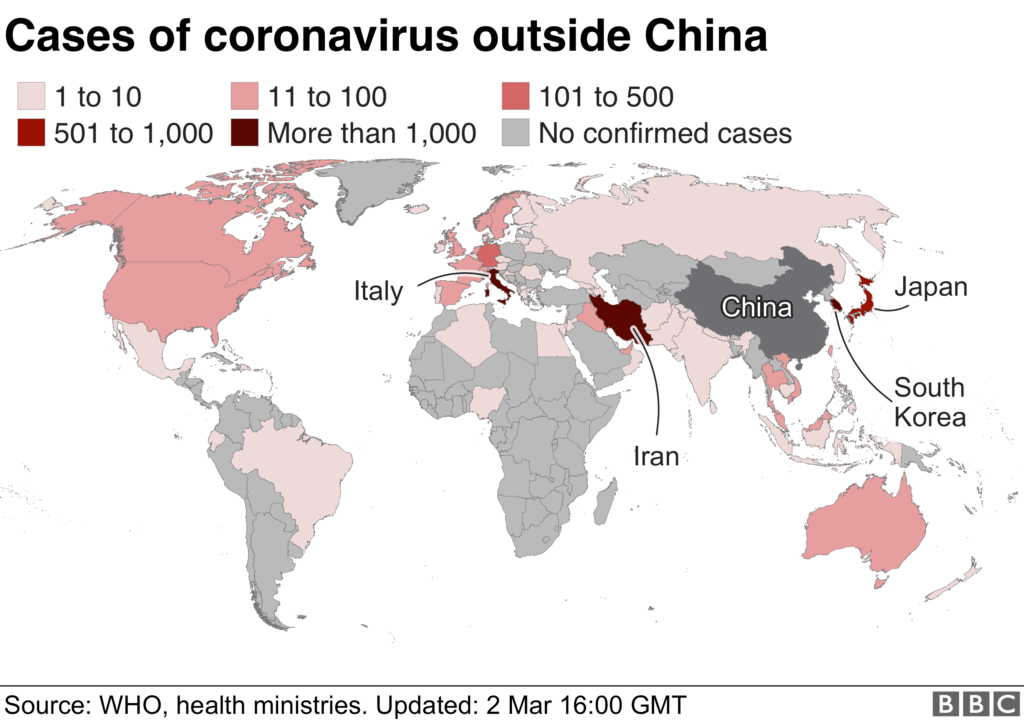
What Are The Travel Advisories Against Coronavirus?
There have been thousands of flight cancellations around the world. India has suspended all flights to China. IndiGo, SpiceJet and Air India have also stopped flights to Hong Kong while Vistara has reduced the number of flights to Singapore and Bangkok because of lack of demand. All flights from Iran have been banned in the country too. Union Health Minister Harsh Vardhan has advised travellers to avoid all non-essential travels to Iran, Singapore, Italy and South Korea, in addition to China.
Moreover, India has suspended visa on arrivals for Japan and South Korea, and suspended all visas for travellers from China. Passengers from 12 countries, including Thailand, Singapore, China, Japan, Hong Kong, Vietnam, Indonesia, Italy, Malaysia and Nepal, are undergoing screening at airports and seaports.
Air India has evacuated Indians and foreign nationals from Wuhan and those aboard the quarantined Diamond Princess cruise ship in Japan.
One of the busiest airports in Asia, Changi in Singapore is taking measures to ensure safety of passengers. The precautionary measures include temperature screenings, using disinfectants instead of cleaning solutions, and frequent cleaning of high-touch areas (handrails, handles, door knobs, tables and play areas). Airports around the world are following similar methods of disinfection and thermal screening.
Travel can be so stressful, but we still love venturing out. This is why.
Should You Cancel Your Travel Plans?
Avoid all non-essential travels to countries worst affected by the novel coronavirus. If you’re coming back from countries that have seen community cases, you would be quarantined for up to two weeks. Travellers are cancelling immediate plans of travels to South Asia and Italy. Japan has also seen a lull during the famous cherry blossom season and tourism is affected worldwide. However, there is still time for the Tokyo Olympics and you can make decisions about travel to Japan in the coming weeks. Also note that many events are getting cancelled around the world (public places are shutting down to avoid contraction), and offices have advised employees to avoid international travel.
So, follow advisories and cancel all trips to China, Japan, Italy, Iran and South Korea right now; and postpone non-essential trips to Hong Kong and Singapore. I’d be cautious of cruise ships in Asian countries too, after what happened on Diamond Princess Cruise (read here).
Domestic travellers should know that India has reported six cases of coronavirus–three in Kerala that have been treated; and one each in Delhi, Telangana and Jaipur. There’s no travel advisory for movement within the country, so it’s still safe to travel within India.
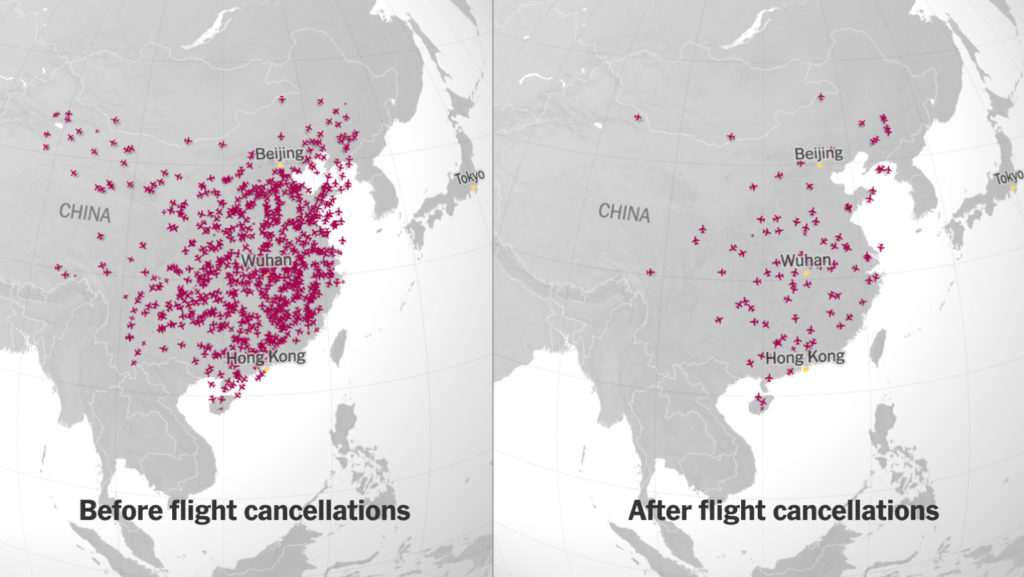
Will Your Travel Insurance Cover Cancellations?
Refunds and cancellations are up to your airlines, hotels and insurer. Many airlines are letting customers rebook their flights for a later date and waiving off cancellation charges. Airbnb has suspended all bookings in Beijing and they’re offering refunds; while Hilton hotels has closed 150 hotels across China. Travel insurance might not cover destinations that are affected by coronavirus and may not offer compensation if you’re quarantined or miss your flight due to other reasons. It is better to talk to your travel provider and assess the situation.
How Can Travellers Stay Safe?
WHO recommends people who have been infected should be wearing a mask to prevent infecting others. If you’re feeling unwell, even if it’s a cold, don’t travel. Avoid any non-essential travel to majorly affected cities and keep an eye on travel advisories and news. The virus has not been declared a pandemic by WHO, but it is spreading rapidly.
The vaccine for COVID-19 might realistically be ready by next year. The researchers are working on it around the world. Right now, those affected by the virus are being treated to help relieve the symptoms. Prevention is the best course of action. The recommendations from the WHO are:
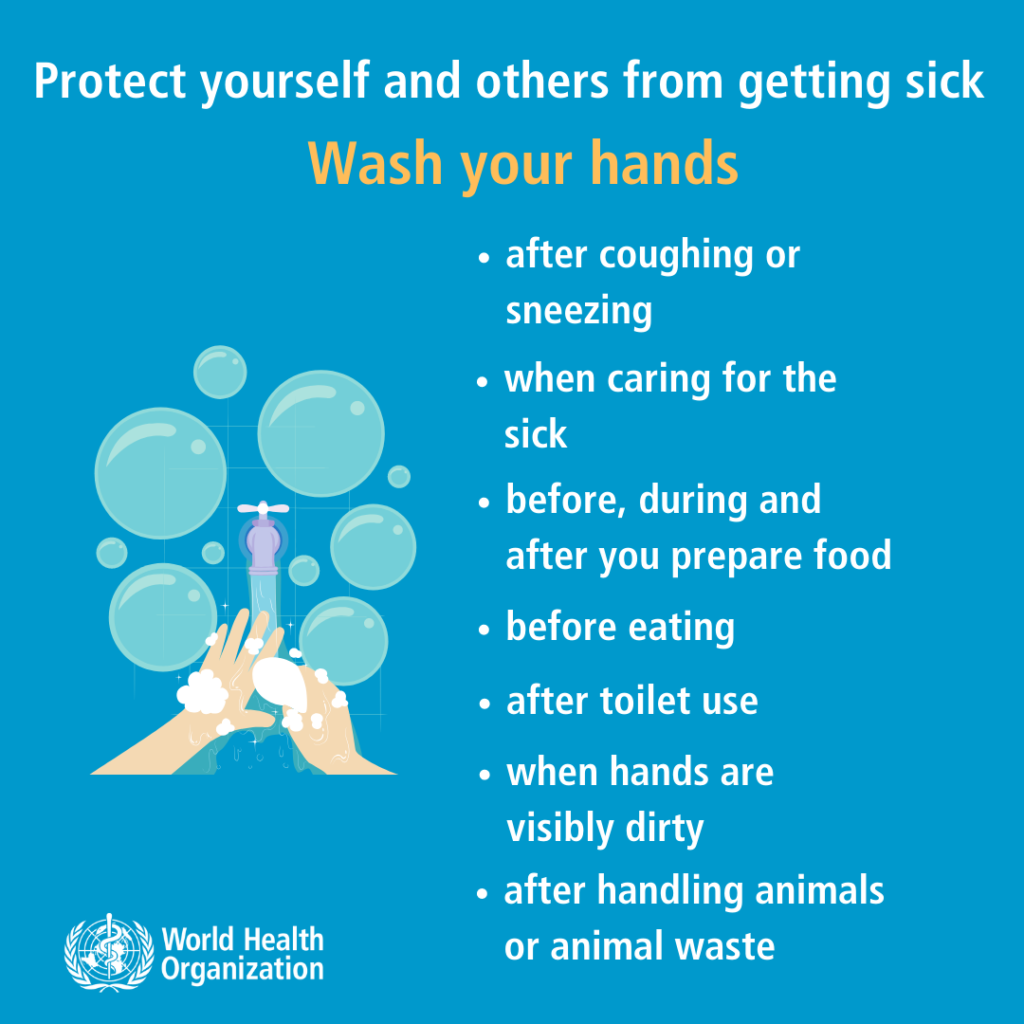
- Avoid close contact with people who are sick
- Wash hands properly and often with alcohol-based soap (use sanitiser if soap and water are unavailable)
- Stay home if you’re feeling sick–do not travel
- Clean and disinfect ‘high-touch’ surfaces and objects
- Cover your mouth while sneezing and coughing and throw used tissues in the bin
Featured Image: Forbes
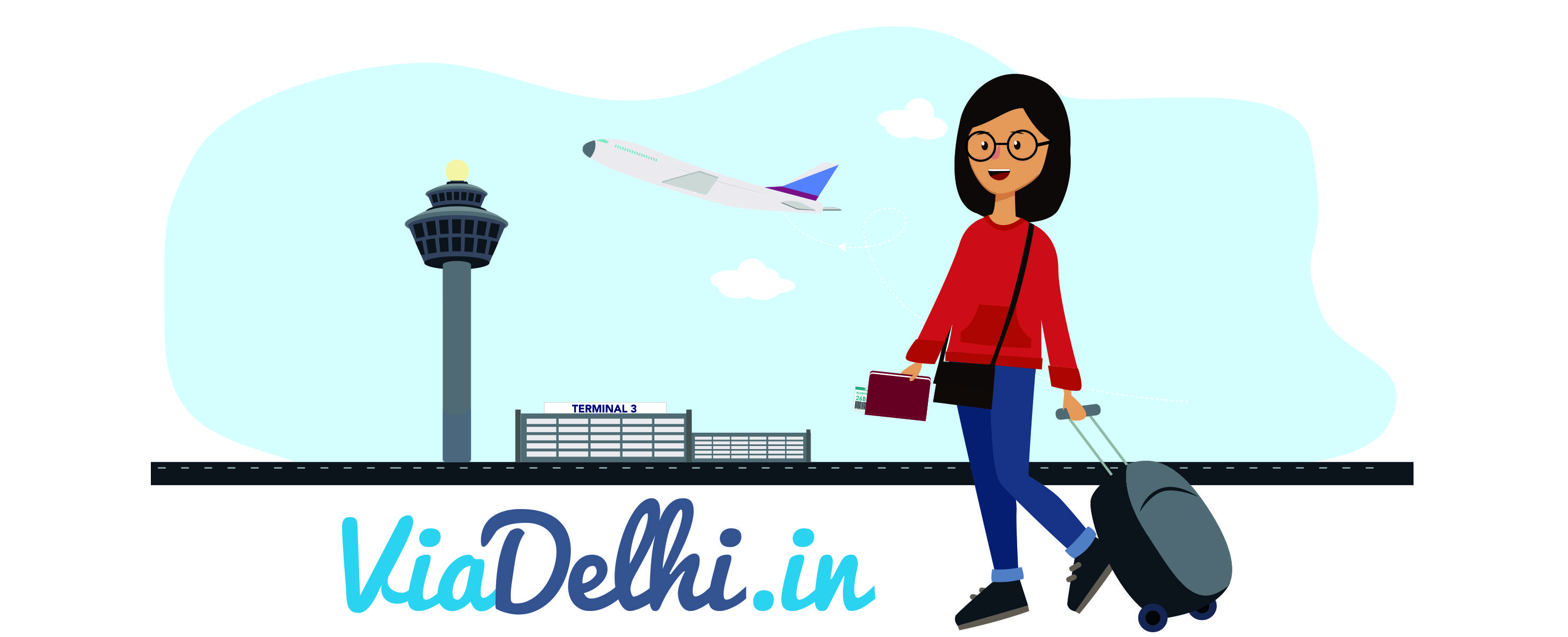
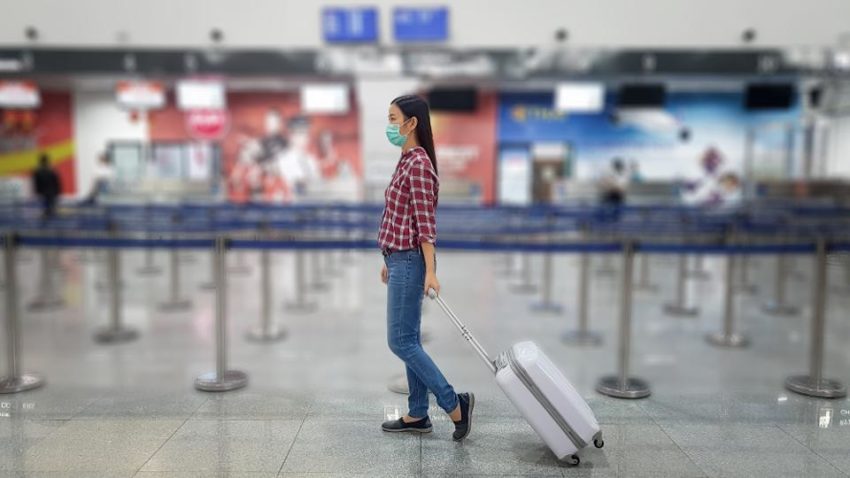
thank you for the detailed information